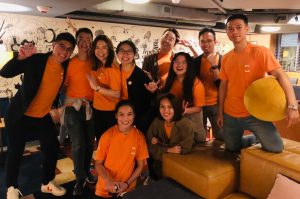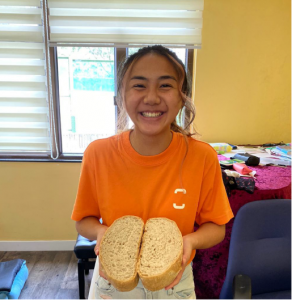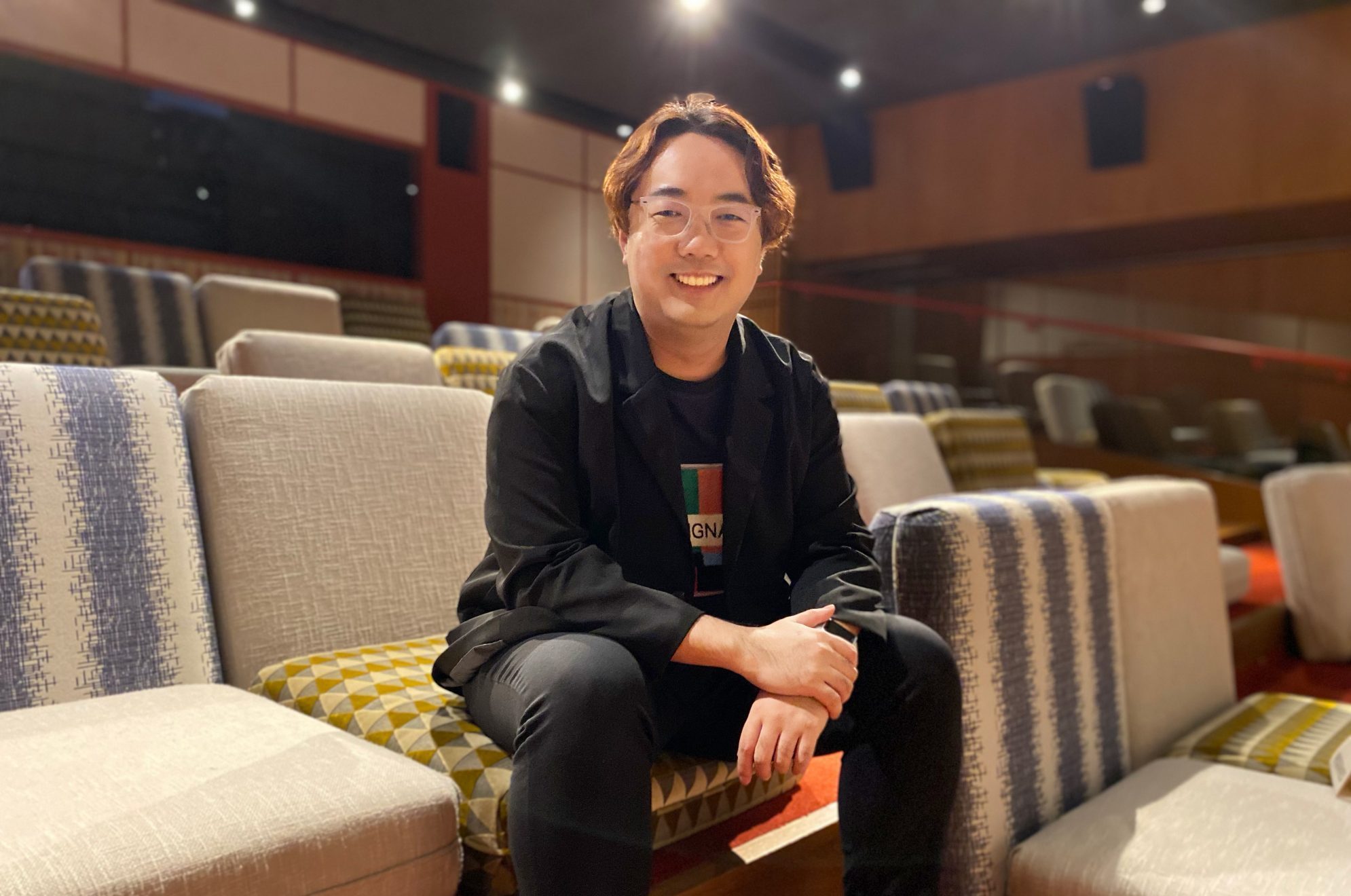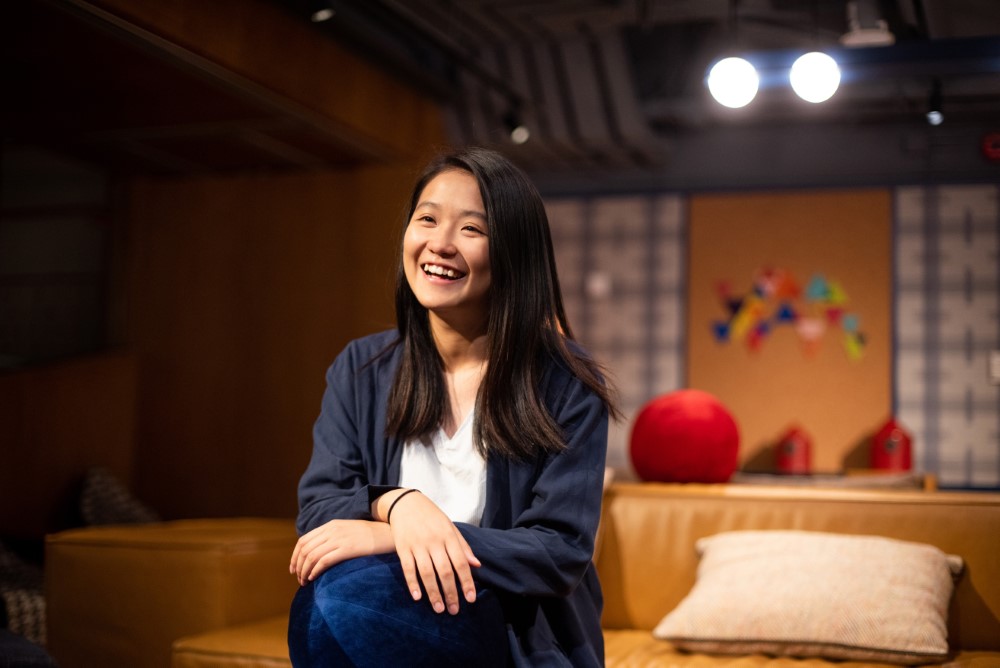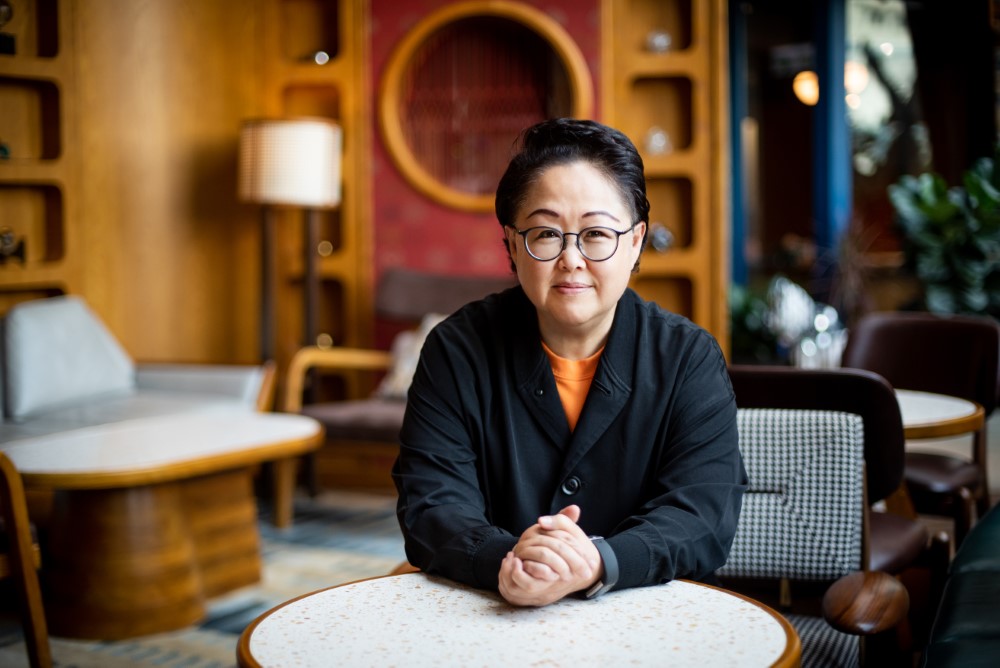Justice Centre: Protecting Forced Migrants’ Rights
( by Kelman Cheung, Intern of Good Lab)
Discrimination, in fact, breeds from misunderstanding and presumption. In 3 March 2016, a south-east asian stabbed the shop assistant to death in a convenience store. Some opinions speculated on the identity of the south-east asian. They believed that the murderer is a refugee, but that is not the case. The public attitude towards refugees changed, they became hostile to refugees. We invited Zamira Monteiro, Justice Centre Engagement Officer, to have an interview talking about their organization and her working experience.
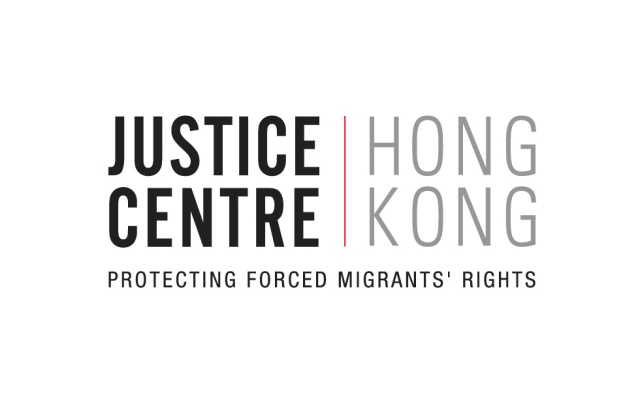
GL: Good Lab ZM: Zamira Monteiro
GL: Can you briefly introduce your organization to all of us ?
ZM: Sure! Justice Centre Hong Kong is a human right organization. We work with people seeking protection in Hong Kong, including refugees, victims of torture, human trafficking and forced labour.
We provide legal information and individual legal assistance to help them navigate the legal system in Hong Kong, particularly for those who are most at risk and most vulnerable. We also work with our volunteers psychologists and counsellors to help our clients cope with the legal process. This is because many of our clients are victims of trauma or trauma-based conditions, such as post-traumatic stress disorder, as a result of their experiences.
GL: Can you explain the mission of your organization ?
ZM: Our mission is to help our clients to realize their rights through legal and psychosocial support. Additionally, we advocate for long term change through research, policy and advocacy.
GL: What is the toughest obstacle faced by the whole Justice Centre ?
ZM: Well, other members of our team may have various answers to this question, as we have many different obstacles. For instance, the legal system for refugees in Hong Kong is very challenging, as the quality of decision-making is quite poor, and so many people who are vulnerable and are fleeing human rights abuses in their country are not being given protection.
Also, a constant challenge seeking funding for our work in Hong Kong. We are lucky to receive so much support from pro bono partners, but it is still difficult. For example, we are not eligible for Jockey Club or Community Chest funding as those only go to organizations whose clients have Hong Kong ID cards. ( and refugees are not allowed to hold Hong Kong ID cards)
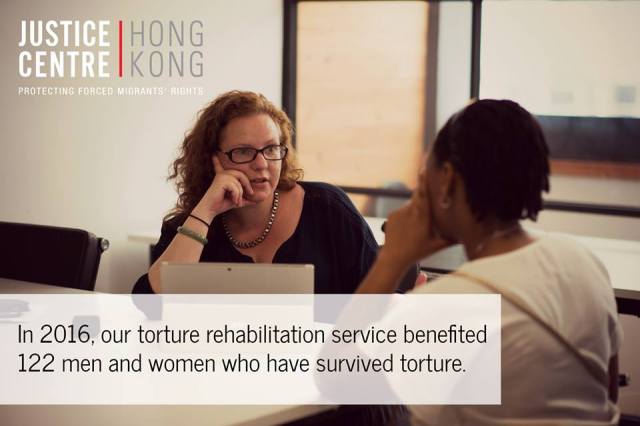
GL: Can you introduce the situation of Hong Kong refugee nowadays ?
ZM: Refugees are essentially treated like second-class citizens in Hong Kong. They are not allowed to work, even if they are successful in their case. Many of them are educated or were professionals in their country, such as doctors, journalists or even students (and often they were persecuted because of their profession and had to flee). They want to contribute to Hong Kong society and also support themselves so as not to be a burden, but they are simply not allowed.
Since they cannot work, the Hong Kong government has the obligation to make sure they have a decent quality of life. They receive minimum assistance, such as food, housing, etc. It is certainly not enough for them to survive (e.g. $1500 a month for rent). To help meet different needs, we have referral pathways set up with a network of NGO partners.
They are also living in an environment where they often cannot speak Chinese, or sometimes even English. They may face discrimination and hostility in their daily lives. For example, during the LegCo elections last year, there were lots of anti-refugee campaigns by political parties. Those campaigns were full of misunderstandings and unsupported claims and this creates a hostile environment.
Also, the success rate for asylum cases is only 0.7% – one of the lowest success rate from a developed country. The global average is around 27% to 40%. This shows us the current system, Unified Screening Mechanism (USM), is not working effectively. For example, people who come from the countries with the worst human rights record are being rejected, such as Somalia, Rwanda, Egypt, Pakistan, etc.
GL: Do you have any solution to solve this problem ?
ZM: I think it is important to raise public awareness. Many Hong Kong people have assumptions about who refugees are and why they are here, but it’s more familiar than
they think. Looking back in Hong Kong’s history, many refugees from Mainland China also came to Hong Kong for safety and they stayed here – and they might be your parents or grandparents. This is why we have a storytelling project called “#SharedPasts”, a stories and photo exhibition in collaboration with photographer Xyza Cruz Bacani – we had an exhibition of this project at Good Lab a few weeks ago! The project inspires people to think about their own family histories, by reading the stories of others whose parents or grandparents were also refugees, alongside the stories of refugees today. The stories help you see that anyone can be a refugee.
GL: Do you have any surprises or unexpected experiences in your work can share to all of us ?
ZM: It’s not a surprise as such, but it has been particularly wonderful to see how many young local HongKongers are passionate about our work. We get fantastic interns. Their ideas, motivation and passion are always refreshing, especially because, in this area of work, it is hard to engage the local community. It is reassuring that these amazing young people want to work towards a better Hong Kong.

GL: Do you have any thought can share to people who want to join your field or work with refugee issue?
ZM: I feel that I may not be a good role model to look up because I am still so early in my career! However, there are many online resources that people can learn from these days, for example videos, articles, etc. It’s important to learn more and broaden your mind.
The only other advice I would add is that if you want to have a career in the non-profit sector, always remember that you are not ‘donating’ your time, but rather you are providing skills or services which deserve to be valued. Many people think it is ‘noble’ to work in a charity but it is a career like any other, and you have skills that are useful and necessary for the cause.
GL: Do you have any recommended books, which have certain impacts on your work or yourself ?
ZM: Instead of books, I would like to recommend a TED Talk by entrepreneur Dan Pallotta. He says that the way most people approach charity is wrong, and that we have to invest in charities in order for them to do great things, as opposed to putting pressure on them to spend as little as possible. This is especially a problem when they can’t spend on important things like rent, proper technology, salaries or marketing tools. By investing in charities, you enable them to do better work, attract talented people and be innovative. I feel everyone should watch this TED talk, in order to change the general attitudes that charities face.
GL: Why would you like to focus on refugee issue, but not children or women’s issues ?
ZM: I never expected to find myself working in human rights but I discovered that the different topics that I am interested in come together under the umbrella of human rights (such as mental health, feminism, ethnic minorities, culture and religion), and especially within refugee rights. Refugees are just like any other people, and they can face complex experiences, whether they are women, men, children, gay, straight, Muslim or Christian. I am also motivated to work in this area because I feel angry when I hear about injustice, and I can play a small, tiny part to help.
GL: How Good Lab co-working space can help you to work more effectively? Why?
ZM: It is wonderful to work at the Good Lab. The atmosphere is open, friendly and warm. It enables us to meet and connect with different types of social enterprises and learn from what they do. Apart from learning from other organisations and interacting with them, we are also able to share our work with new audiences, such as Good Lab members or other Good Lab connections.
The environment is also stunning. It is ideal for us because some of our clients come here for psychological appointments and their children play in the common area (they really enjoy the bean bags!). The psychological appointments can often be quite difficult experiences and so a comfortable and friendly environment is important. Also it is nice for our team to have a place to sit with colleagues or staff from other organizations to have lunch or chat.


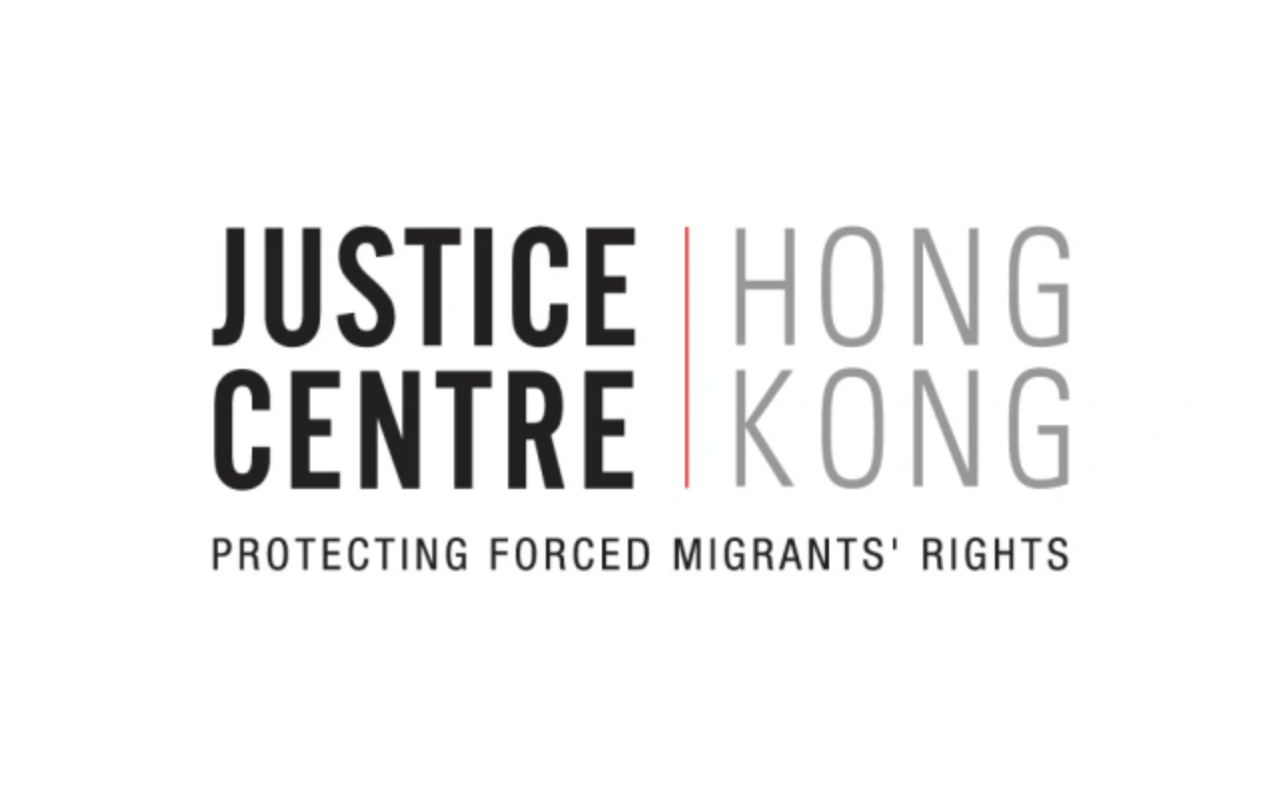
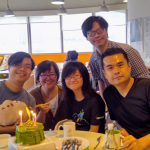















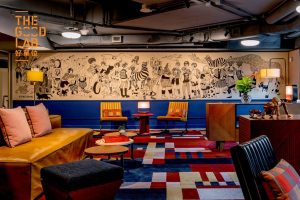



 Hands-on Experience
Hands-on Experience 

